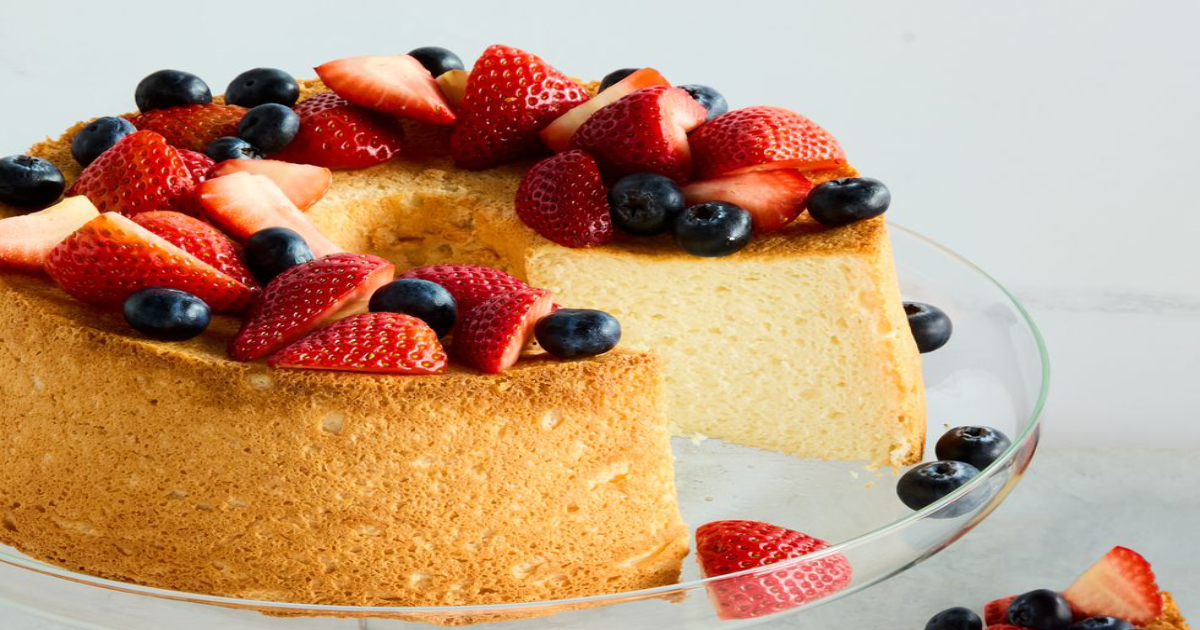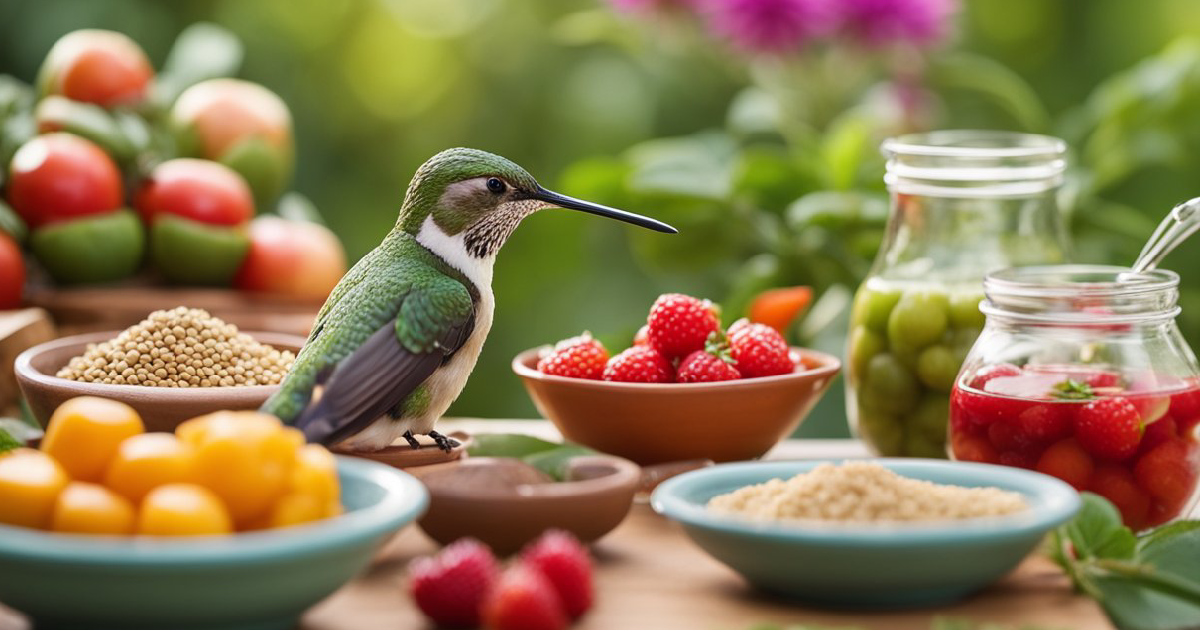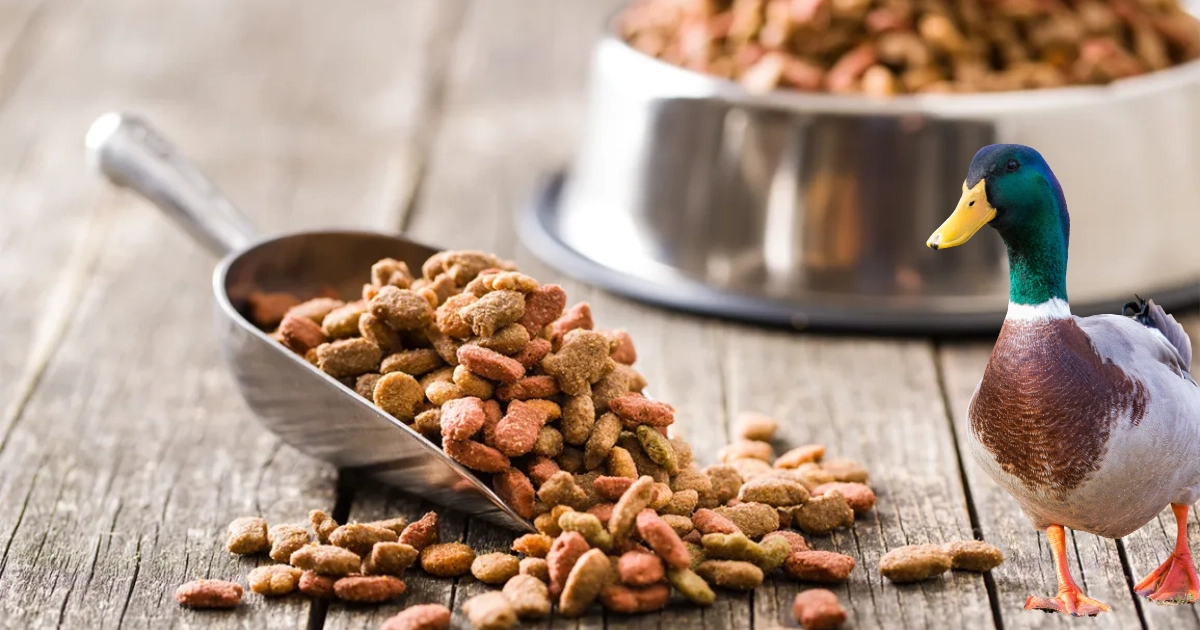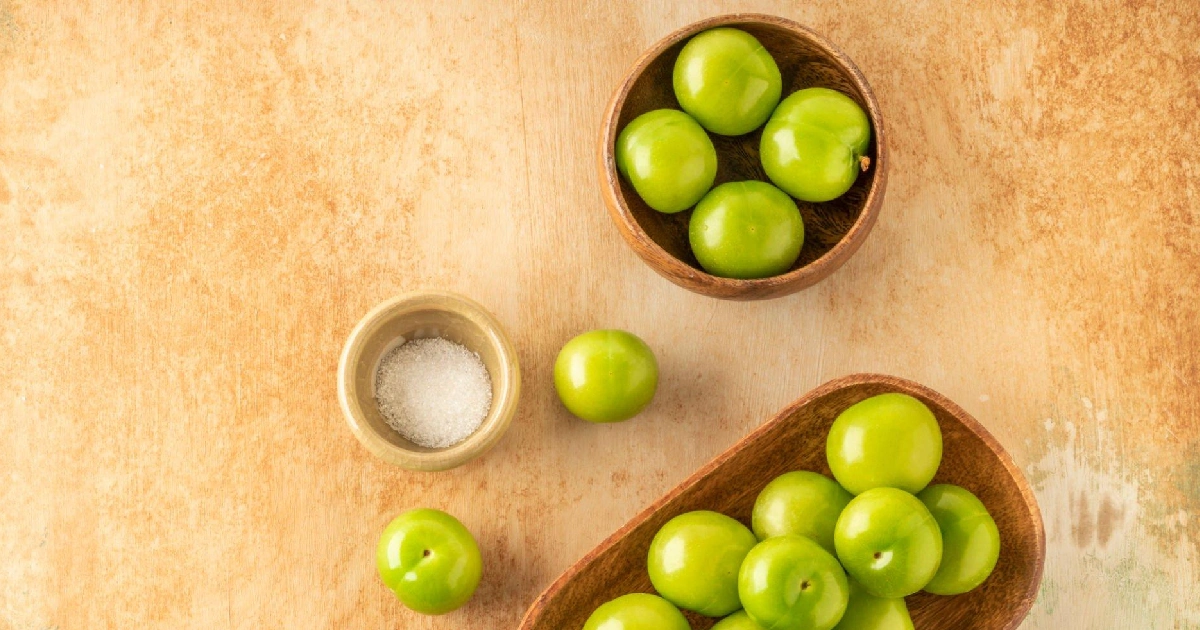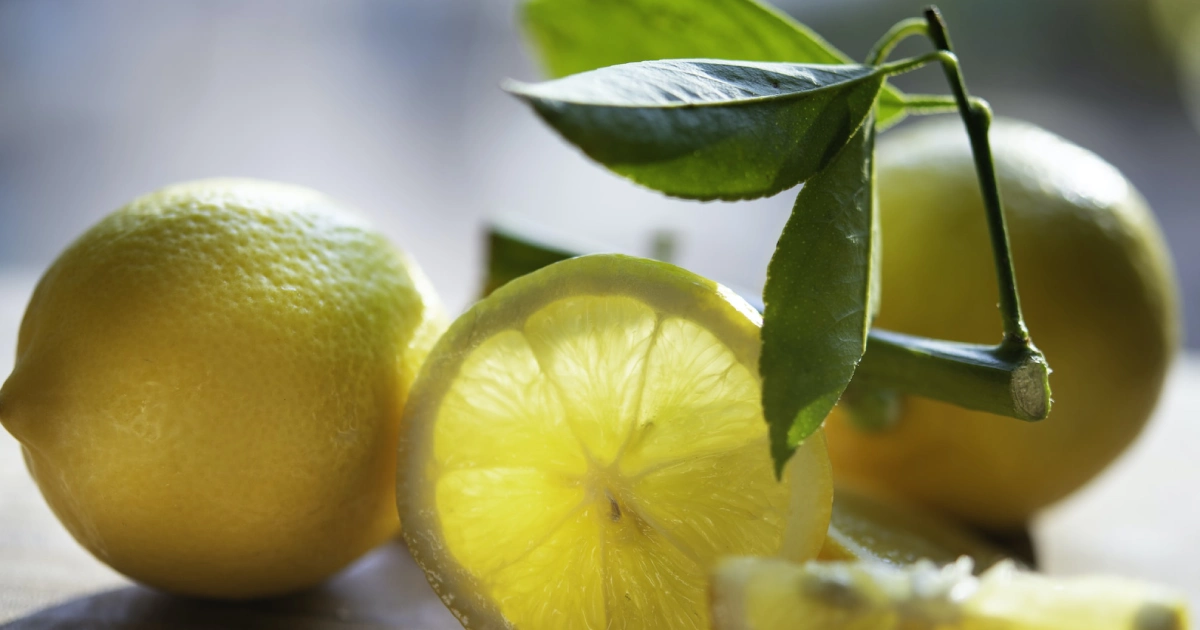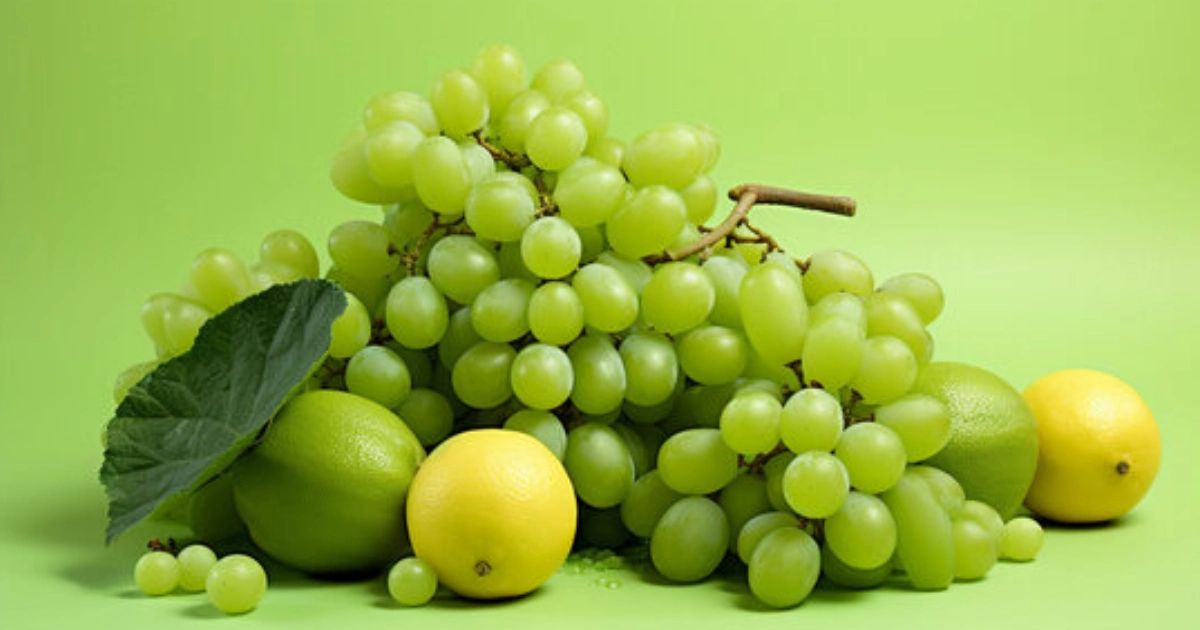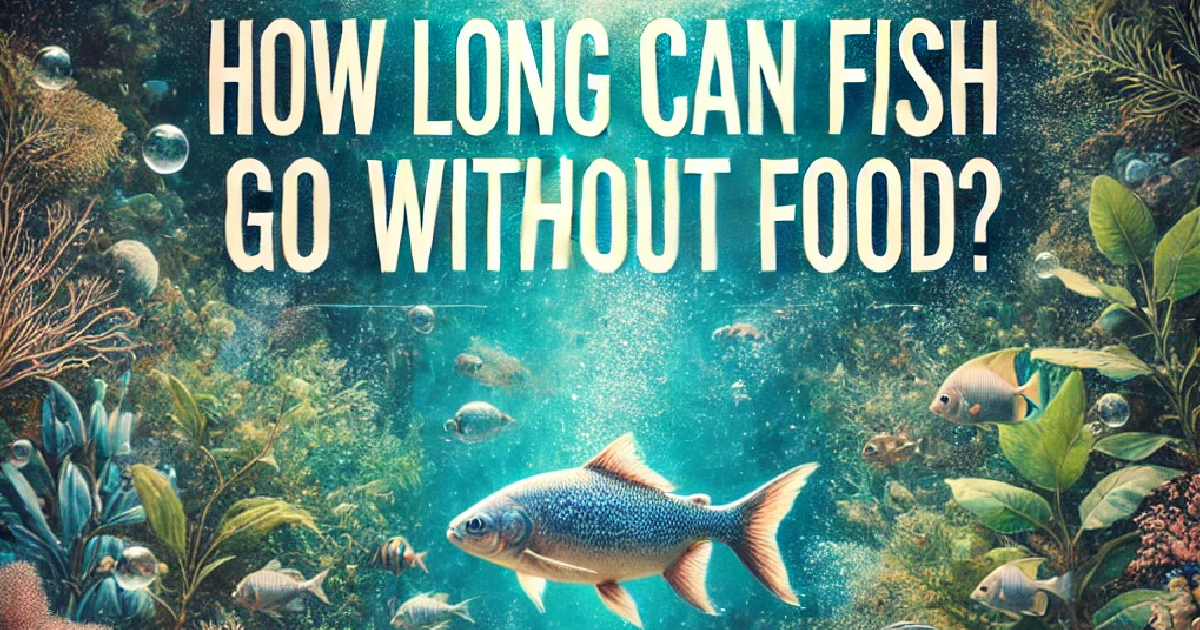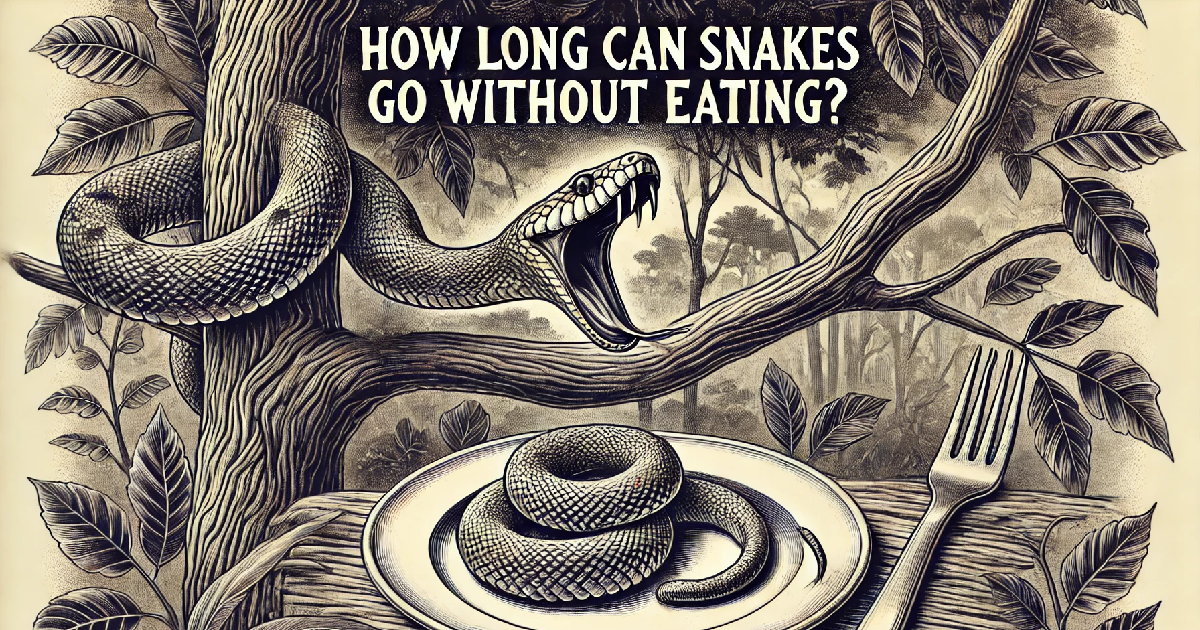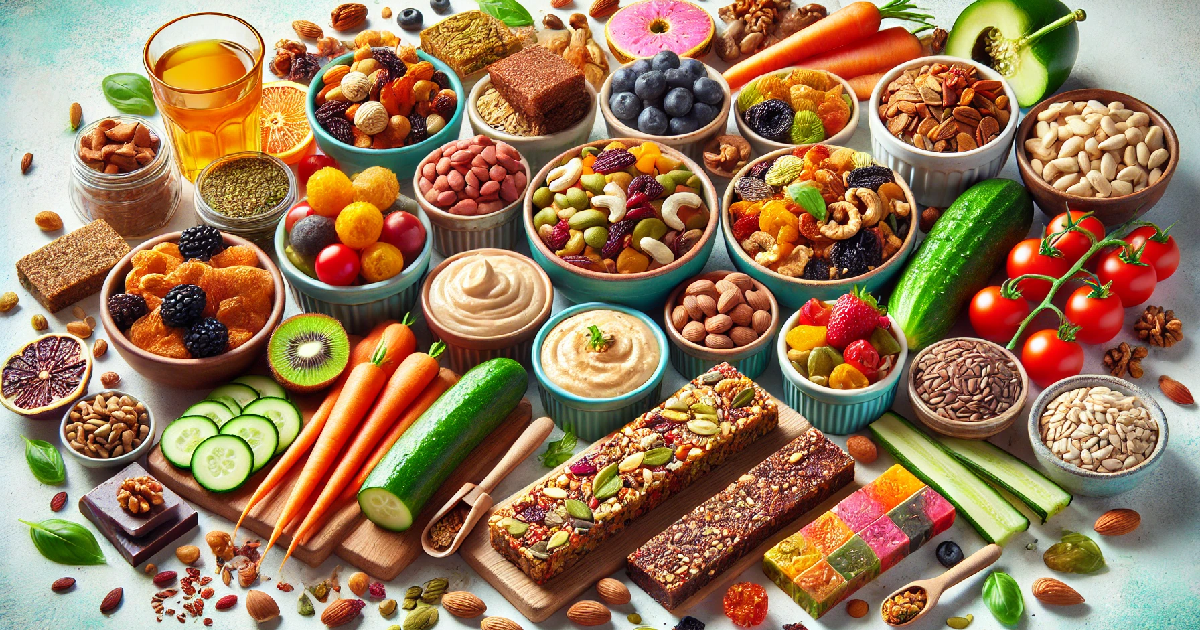Introduction
Understanding how long fish can go without food is crucial for every aquarium. Whether planning a vacation or dealing with an emergency, knowing your fish’s feeding requirements ensures their well-being. Fish have varied feeding habits depending on their species, age, and environment, influencing how long they can survive without food.
In this article, we’ll explore how long different types of fish can go without food and the factors that affect their survival. We’ll also provide essential tips for preparing your fish for extended periods without feeding. Additionally, we’ll answer related questions, offer practical advice, and address common concerns about fish feeding and care.
By the end of this article, you’ll have a comprehensive understanding of fish feeding needs. You’ll be better prepared to ensure your fish remain healthy, even when you can’t feed them daily. Let’s dive into the specifics of fish feeding and care.
How Long Can Fish Go Without Food?
Depending on several factors, fish can go without food for varying lengths of time. These include the species of the fish, their age and size, their health condition, and the water temperature and environment they live in. Generally, healthy adult fish survive longer without food than younger or sick fish.
The fish species play a significant role in determining how long they can go without food. For example, goldfish are known for their resilience and can often survive for up to two weeks without food. In contrast, more delicate tropical fish may only last a few days without sustenance.
Age and size also affect how long fish can survive without food. Juvenile fish require more frequent feeding due to their rapid growth rates. On the other hand, adult fish, especially larger ones, have more fat reserves and can endure more extended periods without food.
Health condition is another crucial factor. Healthy fish with robust immune systems and optimal metabolism can endure longer without feeding. However, stressed or sick fish may only survive for a short time without food.
Water temperature and the overall environment also play a vital role. Warmer water typically increases metabolic rates, causing fish to require more frequent feeding. Conversely, cooler water can slow metabolism, allowing fish to survive longer without food.
| Factor | Impact on Survival Without Food |
|---|---|
| Species of Fish | Different species have varied tolerance. Goldfish can survive up to two weeks, while tropical fish last only a few days. |
| Age and Size of Fish | Juvenile fish need more frequent feeding, while larger adult fish can survive longer due to fat reserves. |
| Health Condition | Healthy fish with strong immune systems last longer than stressed or sick fish. |
| Water Temperature | Warmer water increases metabolic rates, requiring more frequent feeding. Cooler water slows metabolism, extending survival. |
Understanding these factors helps you prepare your fish for periods without food. Considering species, age, health, and environment, you can ensure your fish remains healthy even during feeding gaps.
Factors Influencing Fish’s Ability to Go Without Food
Species and Type of Fish
Different fish species have varying metabolic rates and nutritional requirements. Freshwater fish, like goldfish, are generally hardier and can survive longer without food compared to some tropical fish. Saltwater fish, on the other hand, often require more frequent feeding due to their higher metabolic rates.
Understanding the specific needs of your fish species is crucial. For example, betta fish can survive without food for about a week, but it could be better. Meanwhile, some catfish species can go without food for several weeks due to their slow metabolism.
Age and Size of Fish
The age and size of your fish significantly impact their feeding needs. Juvenile fish require more frequent feeding due to their rapid growth rates. Conversely, adult fish, especially larger ones, can go longer without food as they have more fat reserves.
Smaller fish generally have higher metabolic rates and may need to be fed more often. In contrast, larger fish with more significant body mass can survive longer without food. It’s essential to adjust feeding schedules based on the age and size of your fish.
Health and Metabolism
A fish’s health and metabolic rate are crucial in determining how long it can go without food. Healthy fish with a robust immune system and optimal metabolism can endure longer without feeding. However, already stressed or sick fish may only survive quickly without food.
Monitoring the health of your fish is vital. Regular health checks and maintaining a clean, stress-free environment will help your fish cope better during feeding gaps.
Water Temperature and Environment
Water temperature affects a fish’s metabolism, influencing how quickly they burn through their energy reserves. Warmer water typically increases metabolic rates, requiring more frequent feeding. Conversely, cooler water can slow metabolism, allowing fish to survive longer without food.
Maintaining stable water conditions is essential. Sudden temperature changes can stress fish and affect their ability to go without food. Always ensure your aquarium environment is optimal for your fish species.
Preparing for Extended Periods Without Feeding
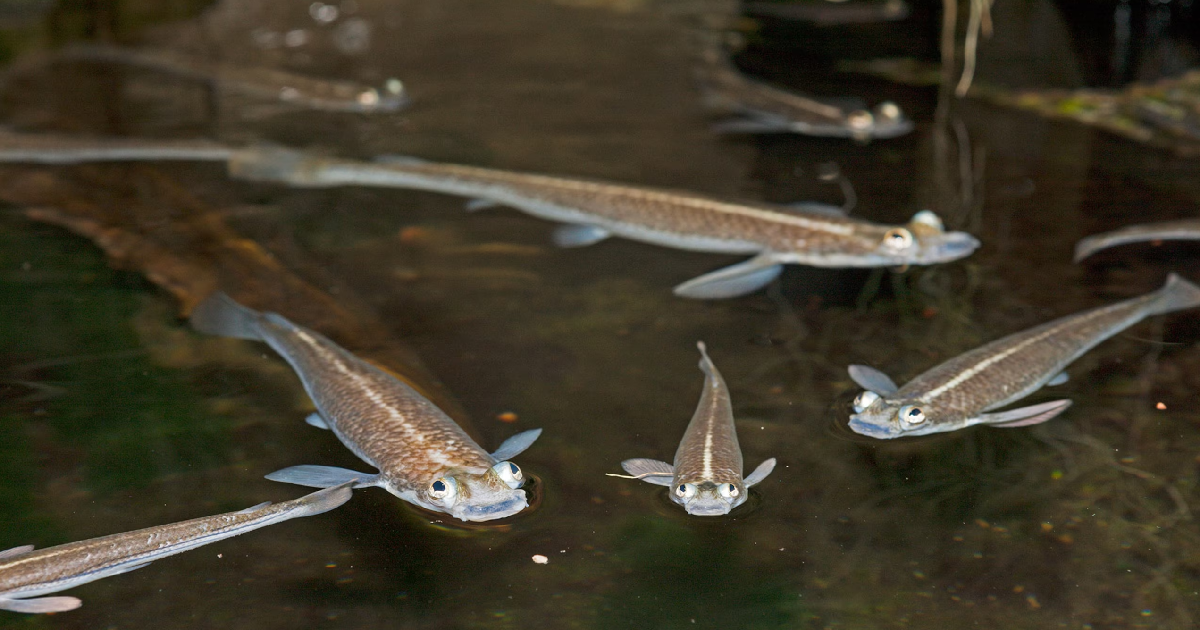
Pre-Trip Preparation
Preparing your aquarium and fish before leaving for an extended period is crucial. Adjusting the feeding schedule a few days before departure can help acclimate fish to less frequent feeding. Offering nutrient-dense foods can also ensure they have enough reserves to last through the feeding gap.
Automatic Feeders and Vacation Feeders
Automatic feeders can be a lifesaver for fish owners who travel frequently. These devices can be programmed to dispense food regularly, ensuring your fish get the nutrition they need. However, testing these feeders before relying on them is essential, as malfunctioning could lead to overfeeding or starvation.
Vacation feeders are another option. These are slow-release food blocks designed to dissolve gradually, providing a steady food supply over several days. They are convenient but should be chosen carefully to meet your fish’s dietary needs.
Feeding Alternatives
In some cases, using live plants or algae in the tank can provide a natural food source for fish. Certain fish species can graze algae or nibble on plants, sustaining them for short periods. Introducing tank mates that produce natural food sources, like shrimp or snails, can also help.
Ensuring your tank has these natural feeding alternatives can be beneficial. It provides your fish with a continuous, albeit limited, food supply, reducing the risk of starvation.
Do Fish Need to Be Fed Every Day?
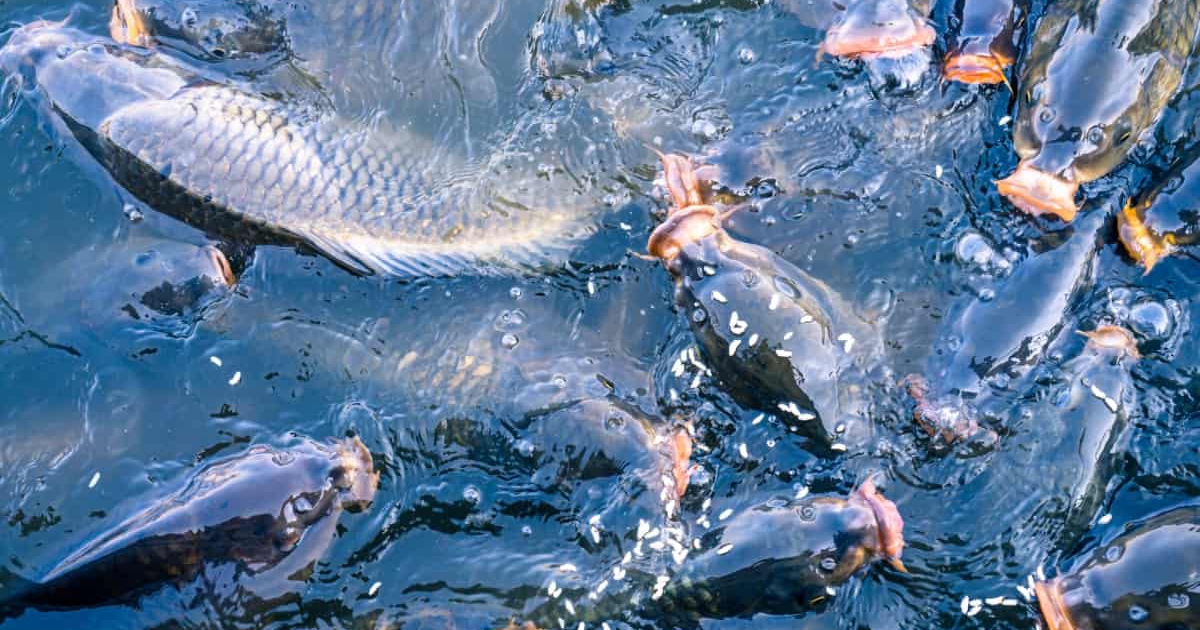
Daily Feeding Needs
Most fish benefit from daily feeding, providing a consistent source of nutrition and energy. Regular feeding helps maintain their metabolic rate and supports their overall health. However, the specific feeding frequency can vary based on the fish species and their natural feeding habits.
Exceptions to Daily Feeding
Some fish species do not require daily feeding. For instance, certain predatory fish can thrive on larger meals given less frequently. Similarly, herbivorous fish graze on algae or plants and might only need supplemental feeding daily sometimes. Understanding the natural dietary habits of your fish is critical to determining their feeding schedule.
Signs of Overfeeding and Underfeeding
Recognizing the signs of both overfeeding and underfeeding in fish is crucial. Overfeeding can lead to health issues like bloating and poor water quality while underfeeding can result in lethargy and weakened immunity. Observing your fish’s behaviour and adjusting feeding accordingly ensures their well-being.
Can Goldfish Survive 2 Weeks Without Food?
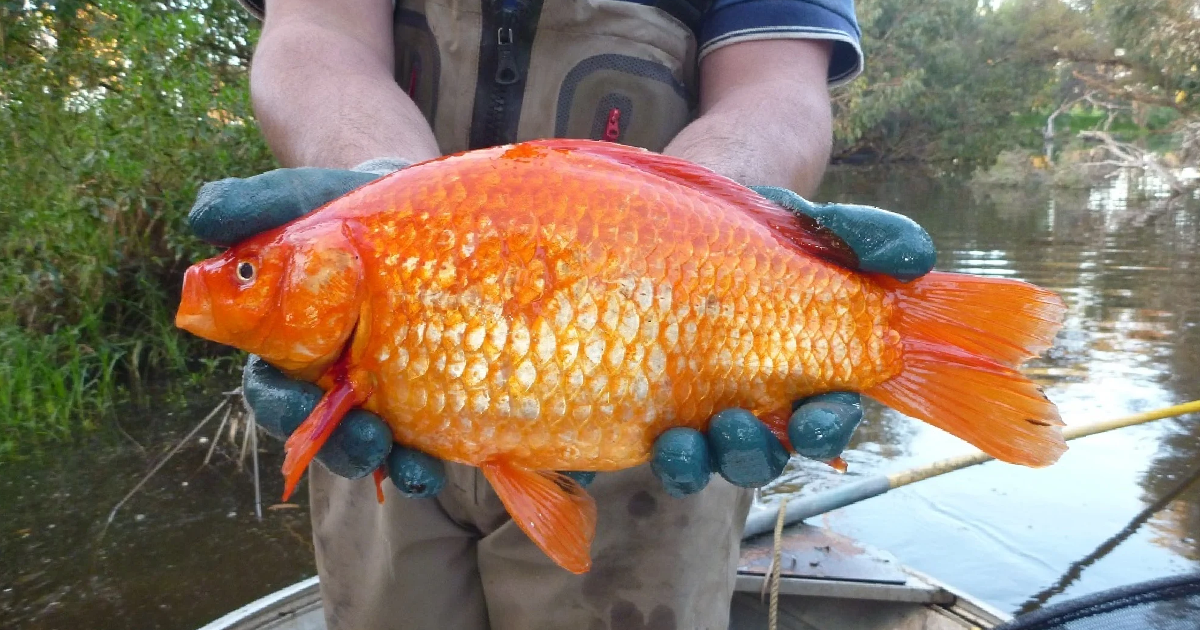
Goldfish Feeding Habits
Goldfish are known for their hardy nature and can survive longer periods without food than many other fish species. Their feeding habits allow them to store energy in fat reserves, which they can utilize during periods without food.
Survival Mechanisms
Goldfish have evolved to endure short-term food shortages. They can slow down their metabolism and utilize their stored energy efficiently. However, while they can survive up to two weeks without food, it’s not ideal and should be avoided.
Preparing for Absence
Proper preparation is essential if you need to leave your goldfish without food for an extended period. Ensuring the tank is clean, optimal water quality, and the fish are healthy before you can help them cope better. Using automatic or vacation feeders can also provide a steady food supply in your absence.
How Long Can Fish Survive Without a Filter?
Importance of Filtration
Filters play a vital role in maintaining aquarium water quality by removing waste and ensuring proper oxygenation. Without a filter, waste products can accumulate, leading to better water conditions and stress for fish. Understanding the importance of filtration helps maintain a healthy aquarium environment.
Short-Term Survival Without a Filter
Fish can survive short-term periods without a filter, depending on the tank size, stocking levels, and species. Smaller tanks with higher stocking levels are more susceptible to rapid water quality degradation. In larger, well-planted tanks, fish might survive longer without a filter.
Emergency Measures
If your filter stops working, it’s crucial to take immediate action. Performing partial water changes, reducing feeding, and using air stones or battery-operated pumps can help temporarily maintain water quality. Regularly monitoring water parameters during this period is essential to prevent harmful conditions.
How Long Can Fish Live Out of Water?
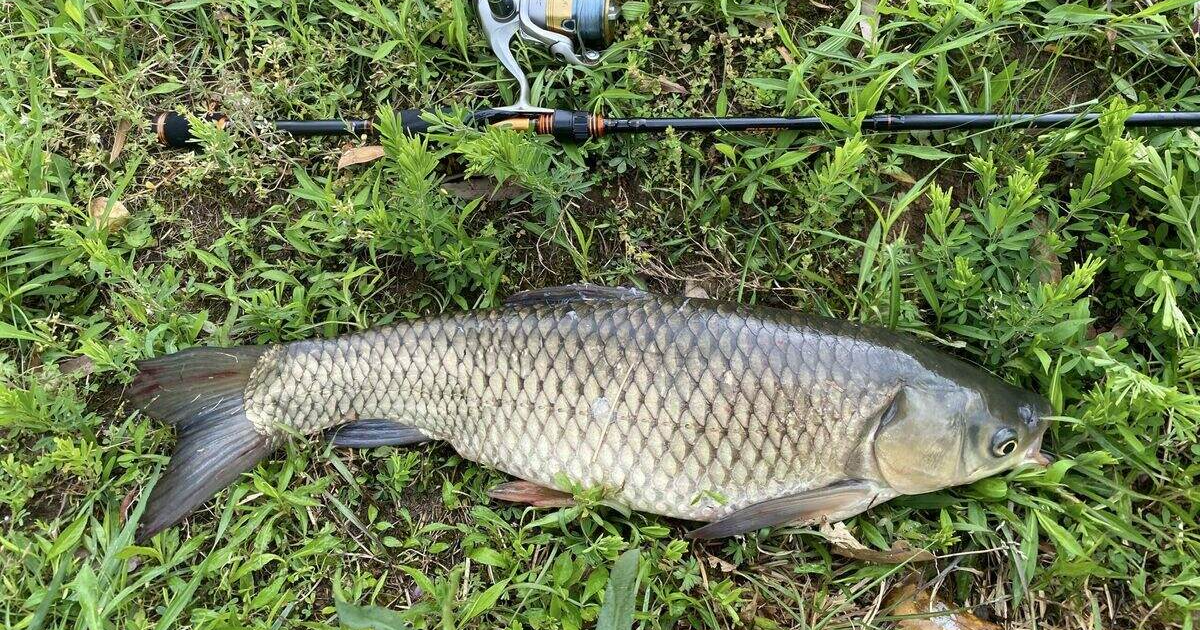
Respiratory Systems of Fish
Fish rely on gills to extract oxygen from water, making them highly dependent on their aquatic environment. Their gills are designed to function in water, and exposure to air can cause them to dry out and stop functioning effectively.
Species Differences
Different fish species have varying tolerances for being out of water. Some fish, like lungfish and particular catfish
, can survive for extended periods out of water due to their ability to breathe air. However, most aquarium fish cannot survive long without water.
Emergency Situations
In emergencies where fish are out of water, acting quickly is crucial. Gently returning them to water and ensuring proper oxygenation can help revive them. Understanding your fish species’ specific needs and tolerances can also help you handle such situations effectively.
Conclusion
In conclusion, understanding how long fish can go without food and the factors influencing this duration is crucial for every fish owner. Proper preparation and knowledge of your fish’s needs can ensure their health and well-being during periods without feeding. Remember, while some fish can survive extended periods without food, guaranteeing a consistent and balanced diet is always best.
FAQs
1. How long can a goldfish go without food?
Goldfish can typically go without food for up to two weeks, but it’s not recommended to leave them unfed for that long.
2. Can tropical fish survive without food for a week?
Yes, most tropical fish can survive without food for a week, but it’s best to prepare if you’ll be away.
3. What should I do if I overfeed my fish?
Remove excess food, perform a partial water change, and monitor water quality.
5. How often should I feed my betta fish?
Betta fish should be fed once or twice a day, with occasional fasting days.
6. Is it okay to use an automatic feeder for my aquarium?
Yes, automatic feeders can be very useful, especially for short trips, but they must be properly set up and tested.


